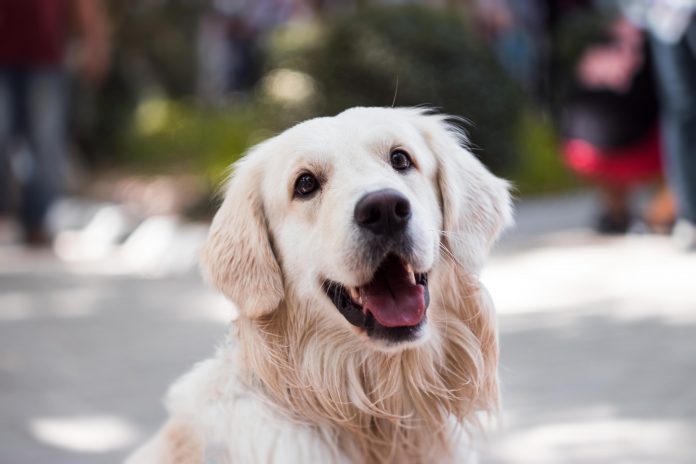In recognition of the critical role boarding kennels, doggie daycares, shelters, sanctuaries and rescues play in ensuring essential workers and at-risk individuals have a safe place to house dogs and the need for continued care for Pennsylvania’s strays, the Department of Agriculture issued guidance for protecting staff and volunteers of such facilities. Advice was also offered to pet owners to protect themselves and their furry friends during COVID-19 mitigation.
“Animal companions play a significant role for Pennsylvania’s families and communities,” said Secretary Russell Redding. “It’s important that facilities are available to care for pets as healthcare workers and other essential employees work long hours on the frontlines of COVID-19 mitigation, and that strays waiting in shelters for a forever home can continue to have reliable safe havens.”
Boarding kennels, doggie daycares, shelters, sanctuaries and rescue facilities are encouraged to continue operations, but the decision is a voluntary, business-by-business decision. Those that remain open should apply this guidance to their operations in an effort to minimize risk for exposure to COVID-19 for employees, volunteers and Pennsylvanians using their services.
This guidance for boarding facilities and shelters includes procedures for preparing the employees and volunteers, preparing facilities and how to intake animals being received from COVID-19 positive homes. Information is available at agriculture.pa.gov/Documents/Guidance%20for%20Kennels,%20Shelters,%20Rescues.pdf.
Pennsylvania pet owners were offered the following advice:
– Identify a family member or friend who can care for pets in case of illness
– Have crates, food and extra supplies on hand for quick movement of pets
– Be sure all vaccines are up to date, in the event boarding becomes necessary – make sure you have proof of current vaccinations; if you do not have paperwork, reach out to your veterinarian for a copy (a digital version on a mobile device is acceptable proof); failure to have proof of current vaccinations could result in your dog needing to be revaccinated
– Ensure all medications are documented with dosages and administering directions, including the prescription and contact information for your veterinarian
– Pets should have identification: collar with dog license and rabies tag, or any other vanity style tag with owner information; information can also be placed on the pet’s cage depending on the type of pet
Place a list of pets in the home on your front door for emergency responders. Include a description of each animal, location in home or on the property, and any other pertinent information specific to each animal.
According to the World Health Organization and the Centers for Disease Control and Prevention, COVID-19 is not zoonotic and cannot be contracted or transmitted by cats and dogs.
Visit agriculture.pa.gov/COVID for more information.


